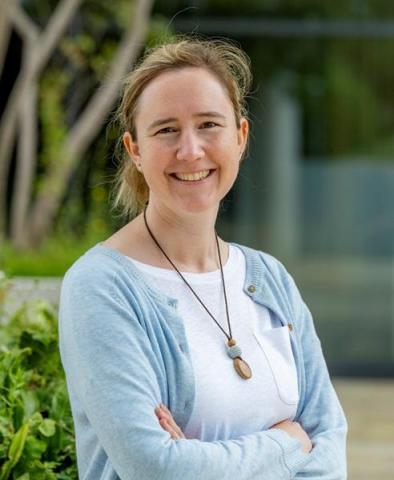About the project
The aim of this research project is to apply novel laboratory techniques to simulate environmental wind patterns and air pollution around buildings. You will be involved in the design and manufacture of a bespoke model of an urban area for windtunnel and watertunnel testing
Join our world-leading experimental fluid mechanics research group with this PhD studentship studying Experimental Aerodynamics and Environmental Flows. You will become a part of a group of highly motivated researchers in the experimental fluid mechanics research laboratory whose efforts are directed towards using state-of-the-art diagnostics to understand the physics of turbulent flows. We are part of the National Wind Tunnel Facility of the UK and have several wind tunnels and water channels on site for studying experimental fluid mechanics.
. You will be trained in laser-diagnostic methods such as Particle Image Velocimetry (PIV) and Planar Laser-Induced Fluorescence (PLIF) in order to directly resolve the flow and transport of pollution in and around buildings and generate novel data revealing the processes impacting outdoor and indoor air quality. You will work with a team of researchers using CFD and Machine Learning approaches to apply these results towards modelling and understanding the physics of urban aerodynamics.
This project is supported by the UKRI FLF project “Simulating urban air pollution in the lab” and aims to improve our capability to model and predict urban air quality in support of designing our sustainable cities of the future. There will be opportunities to explore the fundamental physics of the turbulent aerodynamics of atmospheric boundary layer flows. There will also be opportunities to network with other universities and industries through our existing involvement in the Future Urban Ventilation Network, the UK Wind Engineering Society, and the UK Fluids Network.
